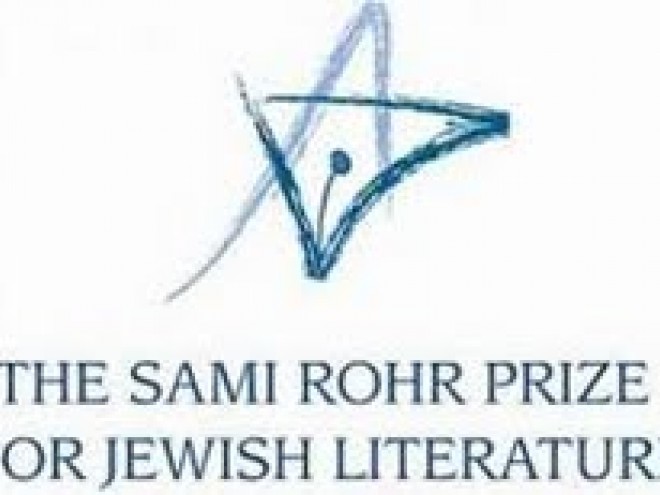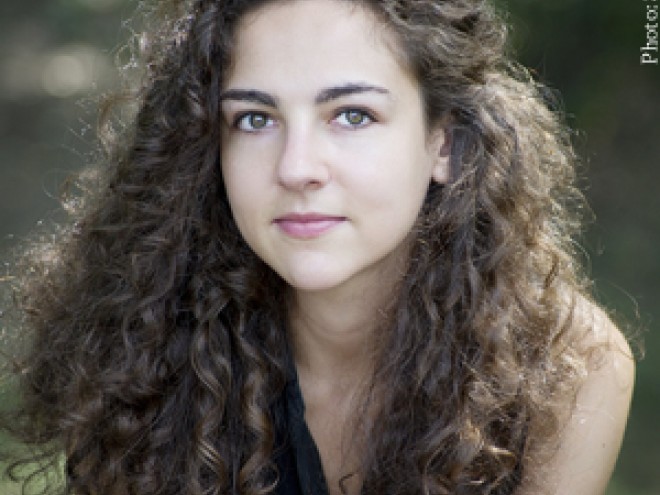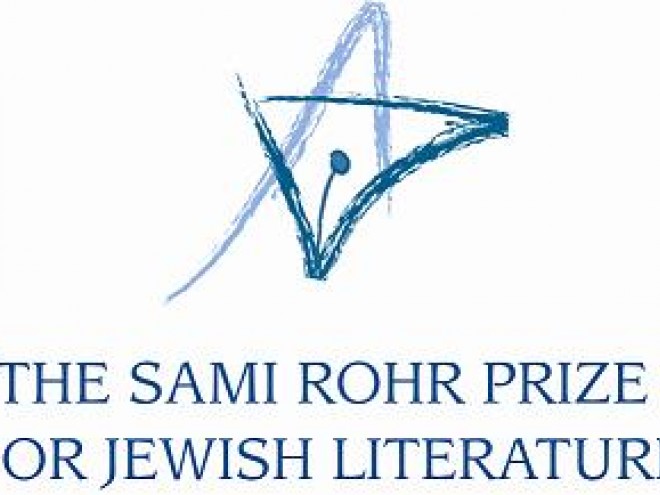Posted by Naomi Firestone-Teeter
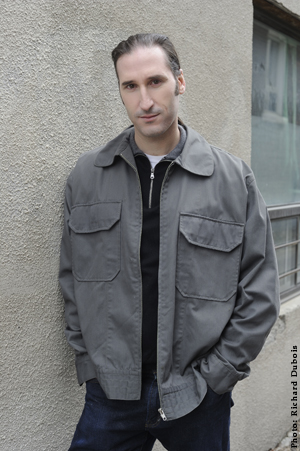 With the recent announcement of the 2015 Sami Rohr Prize finalists, we thought you might want to learn a little more about the five outstanding writers who made the list. Last week we introduced you to Ayelet Tsabari, who wrote a collection of short stories called the The Best Place on Earth. Today we turn our attention to Kenneth Bonert, whose novel, The Lion Seeker, won a 2013 National Jewish Book Award. Set in South Africa, Bonert’s novel stretches across the 1930s and 1940s, following a Jewish family as they seek to find their place in a new culture, having escaped their war-torn homeland.
With the recent announcement of the 2015 Sami Rohr Prize finalists, we thought you might want to learn a little more about the five outstanding writers who made the list. Last week we introduced you to Ayelet Tsabari, who wrote a collection of short stories called the The Best Place on Earth. Today we turn our attention to Kenneth Bonert, whose novel, The Lion Seeker, won a 2013 National Jewish Book Award. Set in South Africa, Bonert’s novel stretches across the 1930s and 1940s, following a Jewish family as they seek to find their place in a new culture, having escaped their war-torn homeland.
What are some of the most challenging things about writing fiction?
I think writing well depends on being able to concentrate for long periods of time. You need to have patience, you need to make a sustained effort, to stick with it when it doesn’t seem to be working. If your mind wanders, you need to train it to come back to the task at hand. I suppose it’s like a kind of meditation. Eventually you come out the other side and find those moments of soaring excitement and clarity that carry you along. That rush of creative expression – – it’s what I live for.
What or who has been your inspiration for writing fiction?
Life and books. I mean that the inspiration for me often comes from a combination of two things: having the spark of a good idea, and then finding the right language to transform it into a story. The ideas usually come from life, from situations. It could be something that disturbs me, like a reaction to an argument, or gnawing on a difficult problem, or else having an insight into how someone’s personality works … or it could be a flash of memory, like the smell of rain in the woods, or a face passing on a city street … some flicker of feeling that I want to try to capture with words and make permanent, a moment that sets the machinery of the imagination humming into action.
But then the inspiration for the language and the structure of the story, I almost always find in books. By reading carefully, I see what other writers have done and the possibilities are opened up to me, different avenues I might try, experiments that will in turn generate their own inspirations until I’ve found what I’m looking for.
Who is your intended audience?
I don’t have an audience in mind when I write, at least at the beginning stages. I believe that would be a mistake. You need to write for yourself and not try to please others. You need to write the kind of book that you would honestly love to read. Of course you hope that others will enjoy the book also, that it will find a large audience, but I think it is folly to chase after that. You would only be trying to guess the tastes of complete strangers, and that is surely a mug’s game.
Are you working on anything new right now?
Yes, I’m close to finishing a novel which is a kind of sequel to The Lion Seeker, although it’s a very different sort of novel, one that draws more on my own direct experiences of growing up in South Africa, which I left at the end of high school.
What are you reading now?
In fiction, it’s a long novel called An Act of Terror, by Andre Brink, a South African writer of Afrikaner background. I’m finding this to be an absolutely brilliant novel. It’s the story of a bomb plot in apartheid South Africa in the late 1980s and it is both riveting and profound. Unfairly perhaps for the book, it was overtaken by history since just as it was published the apartheid state came crashing down, and the story was no longer as relevant to the reading public, which is a great shame because it really is masterful. I’m full of admiration for Mr. Brink at the moment.
In non-fiction, I’m reading The State vs. Nelson Mandela, by Joel Joffe. This is an interesting and well-written account of the famous 1963 treason trial, by the man who was one of the defence attorneys. I became especially interested in the trial when I learned just how many of the principals involved were Jewish. Not only among Mandela’s co-defendants but also, on the opposite side, the rather unsavoury prosecutor trying to convict him.
Top 5 favorite books
- Great Expectations by Charles Dickens
- For Whom the Bell Tolls by Ernest Hemingway
- Lolita by Vladimir Nabokov
- The Wall by John Hersey
- Operation Shylock by Philip Roth
When did you decide to be a writer? Where were you?
I can’t think of a specific moment. It’s something I’ve always wanted to do.
What is the mountaintop for you — how do you define success?
Success for a novel is measured four ways, I think. Critical success, commercial success, longevity, and influence.
For me, the top of the mountain would be to write a novel that attains all four.
However, the “top of a mountain” also implies that there is some end point to a long journey. This is not the way I look at what writing is. Rather, it’s a joyful art that I would never want to stop practicing. I can’t imagine ever not writing novels. Writing is a way of life, and to live this way is success for me.
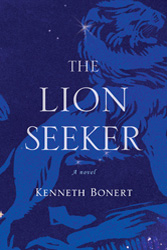
How do you write — what is your private modus operandi? What talismans, rituals, props do you use to assist you?
I write in a room with few distractions, just a desk and a computer that is not connected to the internet. Nothing on the walls. The desk is an old one, a gift from my father. I also like to wear the same set of clothes, my work clothes. When I put them on I feel myself getting into the right frame of mind for work.
What do you want readers to get out of your book?
I would hope that they would experience what I have experienced when I come across a book I really love: a story that sweeps you along, characters that come alive. A deep book that you can’t put down, and afterward you don’t look at the world quite the same way anymore. You want to re-read it again, in order to savour favourite parts.
Kenneth Bonert’s fiction has appeared in McSweeney’s, Grain, and The Fiddlehead, and his journalism has appeared in the Globe and Mail and other publications. Born in South Africa, Bonert is the grandson of Lithuanian immigrants. He now lives in Toronto.
Related Content:
- Read Kenneth Bonert’s Visiting Scribe posts
- Read another interview with Kenneth Bonert here
- The Rowing Lesson by Anne Landsman
- Ivory from Paradise by David Schmahmann
Originally from Lancaster, Pennsylvania, Naomi is the CEO of Jewish Book Council. She graduated from Emory University with degrees in English and Art History and, in addition, studied at University College London. Prior to her role as executive director and now CEO, Naomi served as the founding editor of the JBC website and blog and managing editor of Jewish Book World. In addition, she has overseen JBC’s digital initiatives, and also developed the JBC’s Visiting Scribe series and Unpacking the Book: Jewish Writers in Conversation.
